 |
 |
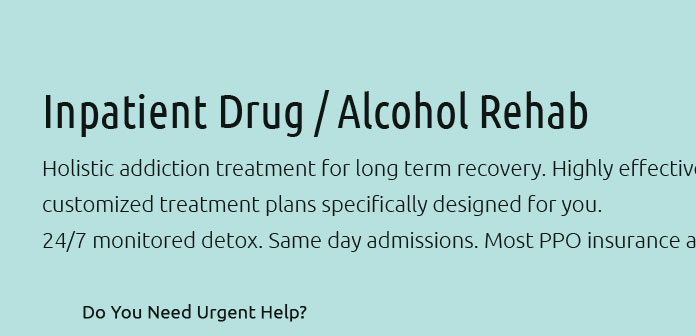 |
 |
 |
 |
||
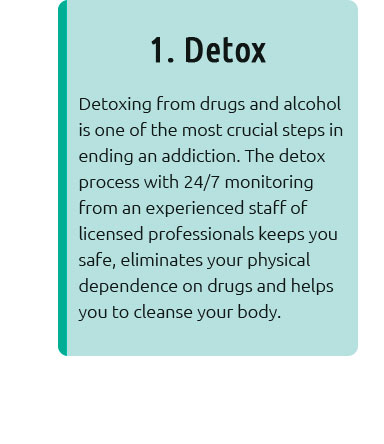 |
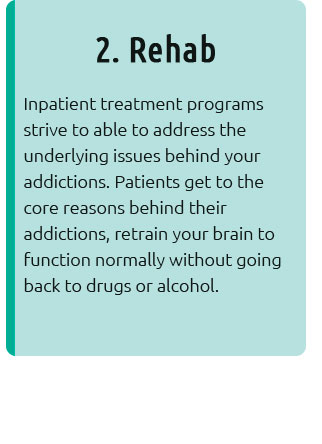 |
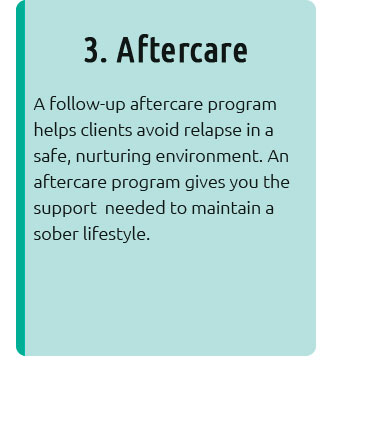 |
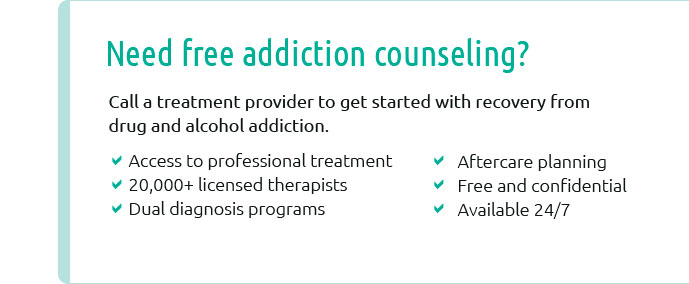 |
 |
 |
 |
||
 |
||
 |
||
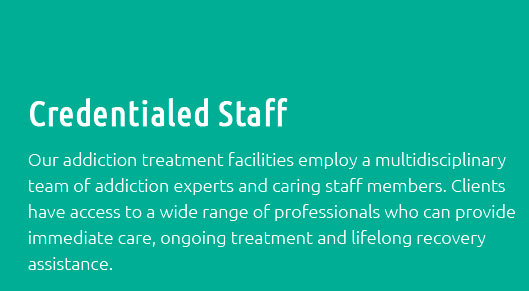 |
 |
 |
|
 |
|
The Journey to Rehabilitation: Taking the First StepDeciding to say I want to go to rehab' is a monumental and courageous decision, marking the beginning of a transformative journey towards healing and self-discovery. The path to rehabilitation is not linear, and it often requires a strong support system, a clear understanding of one's personal goals, and a willingness to embrace change. If you're contemplating rehab, there are several expert tips and pieces of advice that can help you navigate this complex process. Recognizing the Need for Change: The first step towards recovery is often the hardest-acknowledging that there is a problem that needs to be addressed. This realization can be overwhelming, yet it is crucial. Experts suggest that this acknowledgment should be accompanied by self-compassion and the understanding that seeking help is a sign of strength, not weakness. It's important to remember that addiction is a disease, and like any illness, it requires professional treatment. Researching Your Options: Once you've made the decision to pursue rehab, the next step involves researching the various options available to you. There are numerous types of rehabilitation programs, each tailored to different needs and circumstances. Inpatient facilities, for instance, offer an immersive environment for individuals who may need intensive care, while outpatient programs provide more flexibility for those who must maintain certain responsibilities, such as work or family commitments. When evaluating your options, consider factors such as the program's duration, the types of therapies offered, and the overall approach to treatment. Setting Personal Goals: Before entering a rehab program, it's beneficial to set clear, personal goals. What do you hope to achieve through rehabilitation? Whether it's sobriety, improved mental health, or rebuilding relationships, having defined objectives can provide motivation and direction throughout the recovery process. Many professionals recommend discussing these goals with a therapist or counselor who can help you refine and adapt them as needed. Building a Support System: Recovery is not a solitary journey; it requires the support of friends, family, and professionals. Engaging with a community that understands your struggles can provide comfort and encouragement. Consider joining support groups, whether in-person or online, where you can share experiences and gain insights from others who are on similar paths. Additionally, involving loved ones in your recovery process can help strengthen relationships and foster an environment of understanding and accountability. Embracing the Rehabilitation Process: Entering rehab is only the beginning. The journey involves confronting and working through deep-seated issues, which can be both challenging and liberating. Therapy, whether individual or group, plays a critical role in this process, allowing you to explore underlying causes of addiction and develop coping strategies. It's important to remain open to the various therapeutic modalities offered, such as cognitive-behavioral therapy, art therapy, or mindfulness practices, as each can provide unique benefits. Maintaining Long-Term Commitment: Completing a rehab program is a significant milestone, but recovery is an ongoing process that extends beyond the walls of a rehabilitation center. Establishing a long-term plan that includes continued therapy, support group attendance, and lifestyle changes is vital for maintaining sobriety and well-being. Relapses may occur, but they should be viewed as learning experiences rather than failures. Each step forward, no matter how small, contributes to the overarching goal of sustained recovery.
https://oxfordtreatment.com/substance-abuse/signs-of-needing-help/
This guide will review the signs of alcohol or drug addiction, the health risks of substance misuse, and how to get addiction treatment. https://www.therecoveryvillage.com/treatment-program/how-going-to-rehab-impacts-your-job/
Federal laws and workplace policies are in place to protect people who want to recover from addiction. Having a plan can help you keep your job ... https://action-rehab.com/rehab-faqs/emergency-rehab-how-to-get-into-rehab-immediately/
If anybody is in need of immediate rehab treatment, emergency rehab treatment can be organised by the team at Action Rehab.
|